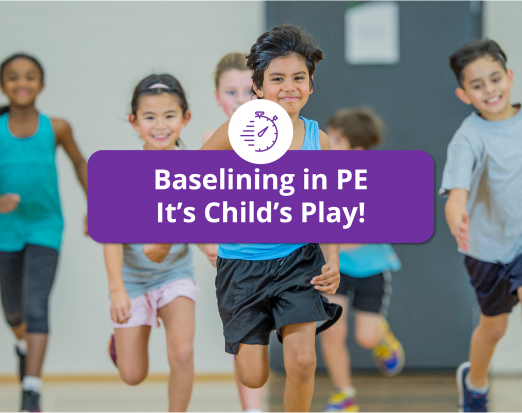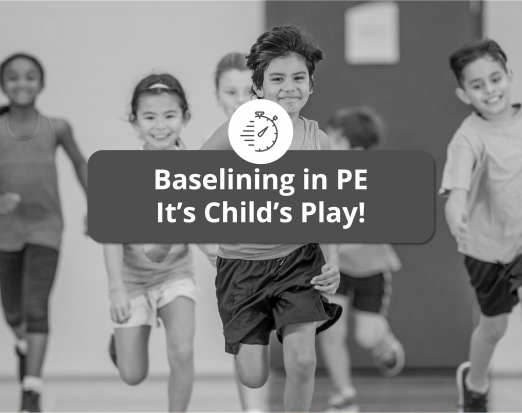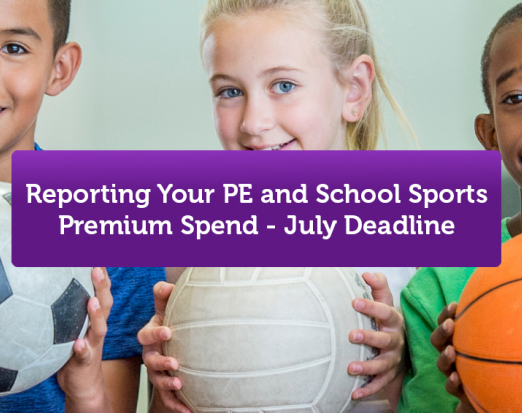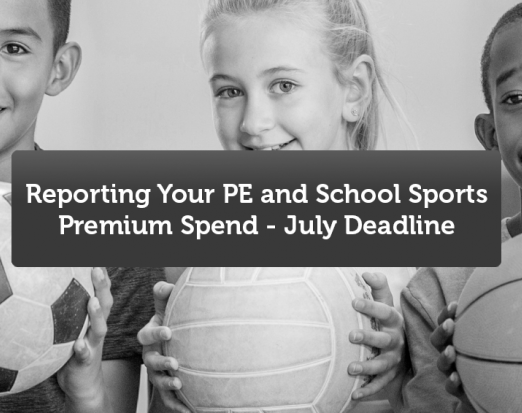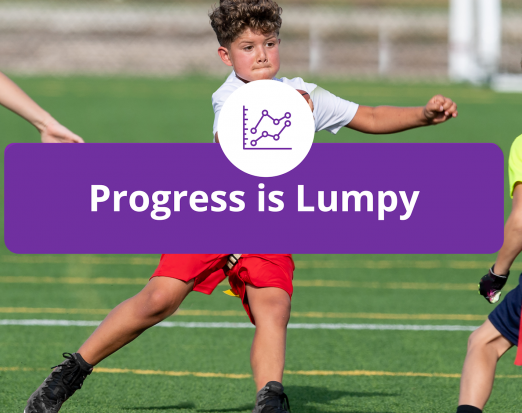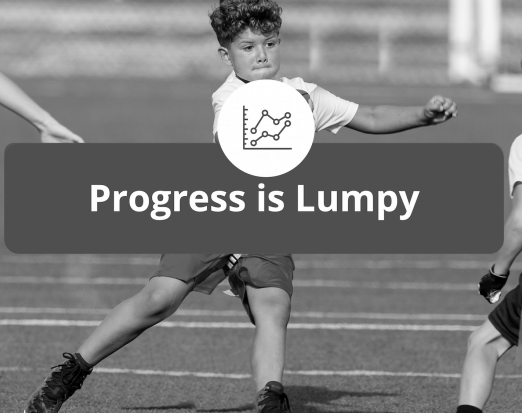Physical Education In A Lockdown
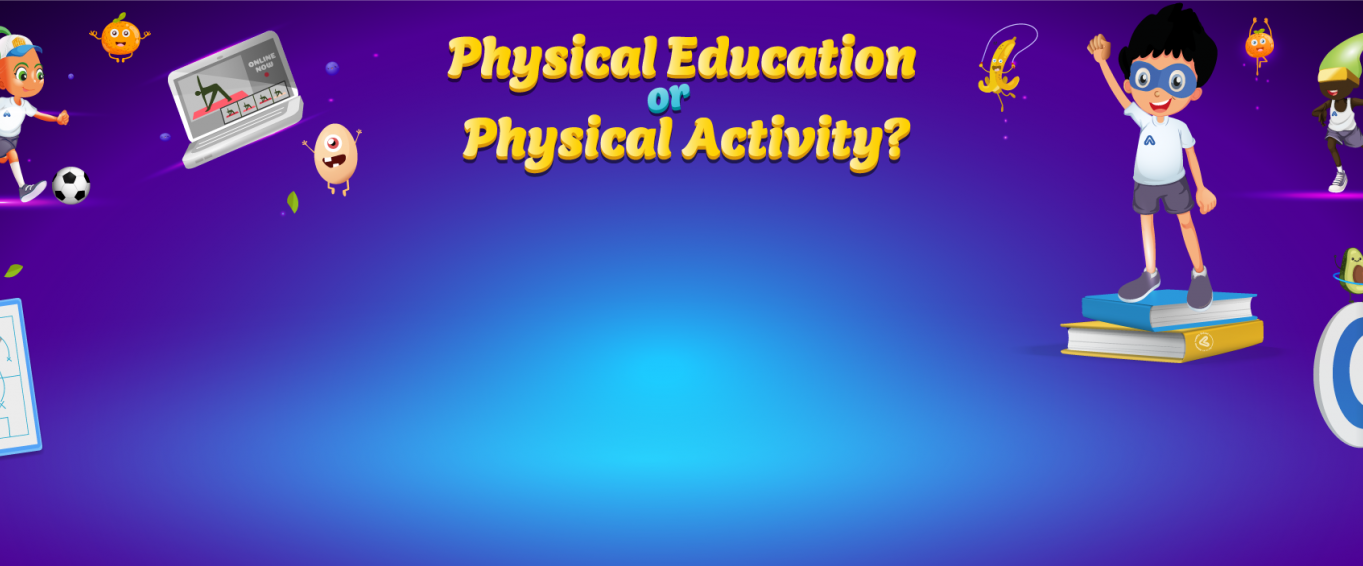
As the country enters an extended lockdown period the need to ensure that you are looking after yourself has never been greater; not only ensuring that we stick to government guidelines, and continue to have excellent hygiene, to stop the spread of this virus, but also to ensure that you are has happy and as healthy as you can be. Many schools have provided activities to their pupils so that they can learn at home and there are some wonderful online resources to ensure the nation remains active, but at a time of crisis, where the spotlight is on our health, we take a brief look at the importance of Physical Education and how this fits into home schooling, we even provide some helpful tips and activities along the way.
Why does PE/Physical Activity Matter?
Our belief is that all forms of Physical Education, or Physical Activity should be fun. Children should be able to learn and develop skills and fitness in a way that is enjoyable which in turn will encourage life long and participation in sport. We truly believe that there is an activity out there for everyone, and those children that do not enjoy traditional PE are just yet to find “their activity.”
Whether you enjoy Physical Education and Activity (or not), it is still vitally important to improve and maintain your physical health and mental wellbeing.
The chief medical officer has published guidelines on minimum levels of physical activity and advised that all children/young people (aged 5-18) participate in at least 60 minutes of moderate – vigorous physical activity, every day; and advised that a minimum of 30 active minutes should take place at school and an additional 30 minutes at home, to decrease levels of sedentary behaviour and to maintain a healthy lifestyle.
There are also a number of proven mental and emotional benefits of being physically active including developing stronger resilience, having higher self-esteem, along with sharper memory and thinking skills.
What is the difference between Physical Education and Physical Activity?
Physical Education is planned, progressive learning that focuses on mastering Fundamental Movement Skills, such as running, jumping, throwing and catching and provides children with the opportunity to learn new sports and skills whilst constantly developing agility, balance and coordination.
Where as Physical Activity is described as any activity that expends energy. This could be anything from going for a run to doing the hoovering, and whilst there are lots of programs accessible online to support your physical activity during this difficult time, they should not be considered as the sole replacement for Physical Education.
Whilst we agree that just being physically active is a giant step in the right direction during these unique times, it is a really good opportunity to attempt to learn/master new skills, to get ready for Sport.
Top Tip: Ask your children to create a list of 30 skills that they would like to get better at, this could be throwing, catching, a specific sports skill etc. How many different skills can they improve?
Do what you love!
Many children have had to stop playing their “chosen” sport formally due to the COVID-19 crisis, so now is a great time to practice what we love doing!
Whilst taking your daily exercise, or if you are lucky enough to have an outdoor space, encourage your child to practice, they might be able to master certain skills, but more importantly, we want people to be happy!
Top Tip: If your child has a favourite sporting moment, ask them to recreate it and then explain it. What strengths where involved in this moment, what things could have been better.
Find/Learn Something New
As previously mentioned, we truly believe that there is something for everyone, and this could be a great opportunity to try something new and there is lots of things that we can try, a boxing work out, skipping badminton with a family member? Most sports will have a link back to mastering skills that are required by the national curriculum, with many requiring the children to apply tactics and identify strengths and weakness of themselves and others.
Top Tip: Ensuring a child continues to learn while they're out of school isn't easy. So, ask you child to teach you a new activity. If your child is trying a new sport, ask them to learn some of the rules and practice some of the skills in order to show you later. They can become the PE teacher!
Play together – Physically and Digitally
Part of the PE framework involves cooperating with others, playing as a team, or against an opposition, and where possible we would recommend trying to play together as a family. This should be a really enjoyable experience for the family, and as already discussed the mental health benefits from physical activity are plentiful, and will provide positive relief for the family during this time.
Why not stay in encourage the children to stay in touch with their friends, by setting each other challenges such as how many keep ups they can do, or throwing and catching against a wall, this is a really good way of staying motivated to try something new or to master a skill.
DUE TO THE COVID-19 OUTBREAK, EXERCISE AND PHYSICAL ACTIVITY MUST BE TAKEN WITH THE OCCUPANTS OF YOUR HOUSEHOLD ONLY. IF ANY MEMBER OF THE HOUSEHOLD SHOWS SYMPTOMS, THEY MUST STOP EXERCISING WITH OTHERS AND SELF-ISOLATE.
Young Champions Can Help!
To support all families with during this time, we have made access to our “Young Champions Program” completely free of charge and it is a carefully designed blend of Fitness Activities along with sessions that focus on Motor Skills and Sports Skills, meaning that whilst your child is missing PE, or their favourite sports club, they can take full ownership of their own learning and practices.
Why not give it a try? Sign up for free access here:
